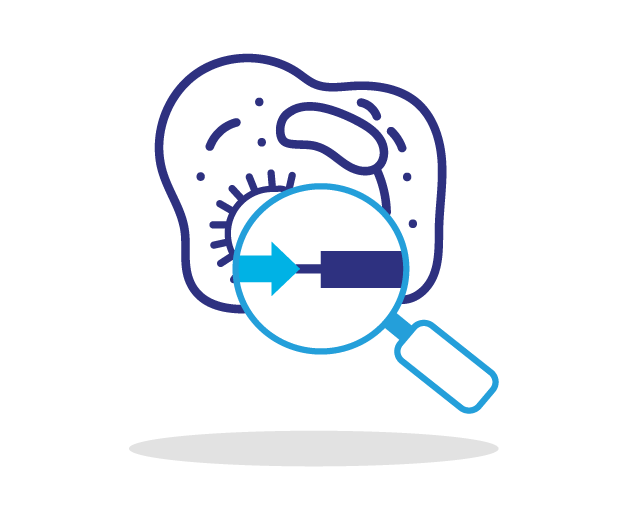Adventitious Virus Testing
Detection of viral contamination within the manufacturing process and beyond.


What is Adventitious Virus testing and why is it important?
Adventitious agents, such as viruses, present significant risks within biomanufacturing processes through potential contamination and amplification. These threats may emerge at various stages, from the introduction with raw materials to events occurring up to the final packaging. Notably, the highest risks are associated with raw materials of biological origin, like serum, and from viral amplification within the bioreactor. Given risks these adventitious viruses pose to patients, manufacturers must rigorously conduct adventitious virus testing, apply virus purification techniques, and engage in comprehensive virus testing and virus screening to align with strict GMP guidelines and regulations. Additionally, virus characterization is essential to ensure that every viral risk is thoroughly assessed and mitigated, safeguarding the delivery of safe biopharmaceuticals to patients.
Mitigation strategies for viral contamination within the manufacturing process revolve around the 3 pillars of prevention, removal and detection:
- Prevention of contamination hinges on the isolation of all processes from common sources of viruses, such as operations staff. Moreover, raw materials, a frequent source of viral contamination, must undergo rigorous adventitious virus testing and virus screening to ensure safety.
- Removal of both process impurities and viral contaminants is critical in downstream purification. The purification strategy must be comprehensive, including virus purification methods such as filtration, pH treatments, and chromatography, which are evaluated for their effectiveness in virus removal during viral clearance studies. Other removal strategies could include treatment of higher risk raw materials (e.g. serum) and treatment of the final product to reduce virus risk.
- Detection of any viral presence during manufacturing is paramount. While virus screening of raw materials is necessary, regulators pinpoint the bioreactor as a substantial risk point since viruses can proliferate from very low, undetectable levels to ones posing a significant hazard to patients. Therefore, virus characterization and virus testing at the bulk harvest stage are essential for critical release steps.
Traditional virus testing strategies, including cell-based in vitro detection as well as in vivo adventitious virus testing, have been employed due to their ability to screen for both known and unknown viruses. These tests rely on the virus’s ability to amplify and manifest a detectable effect for identification. Nevertheless, many viruses fail to proliferate or exhibit measurable effects within these systems, making such virus screening methods time-consuming and potentially delaying the release of a batch to patients.
Moreover, the compatibility of in vivo and in vitro detection with the biopharmaceutical is a significant concern, particularly if the drug exhibits toxicity. While this can sometimes be mitigated with a neutralizing antibody, the development of these antibodies can be protracted, and at times, antibody neutralization is not feasible, challenging the traditional virus characterization methods.
Molecular detection methods, in contrast, are generally impervious to the toxicity of the biological sample, obviating the need for neutralizing antibodies and typically requiring less of the valuable biopharmaceutical product. PCR, a highly sensitive virus testing method, excels in identifying known and well-characterized viruses. Yet, it does not detect novel or genetically altered viruses, and extensive PCR testing can deplete substantial quantities of the product.
Next Generation Sequencing (NGS) represents a superior approach for the detection of adventitious viruses. It shares PCR’s insensitivity to potential drug toxicity and goes beyond by sensitively detecting both known and unknown or variant viruses. This makes NGS an optimal virus screening and virus characterization strategy, particularly when speed, sample volume, and the challenge of antibody neutralization are pressing concerns.
What we do
Modalities Tested:
- mAbs and recombinant proteins biologics
- Viral vectors
- Cell therapies
- Vaccines
- RNA based therapeutics
- Cultured meat
Benefits of iDTECT® NGS assays for Adventitious Virus Detection
✓ GMP validated✓ Faster results✓ Resolves assay compatibility issues✓ No need to generate neutralizing antibodies✓ Reduces overall sample requirement for precious material✓ Specific identification of contamination✓ Meet corporate 3Rs objectives by removing animal use
Our Assays:
- iDTECT® Virome
- iDTECT® Transcriptome
Comparison of Adventitious virus detection methods
WHY THIS APPROACH
ICH: Draft Guidline for Consultation Q5A (R2) viral safety evaluation of biotechnology products derived from cell lines of human or animal origin
FDA: Characterization and Qualification of Cell Substrates and Other Biological Materials Used in the Production of Viral Vaccines for Infectious
EMA: Guideline on the quality, non-clinical and clinical aspects of gene therapy medicinal products
FDA: Code of Federal Regulations, Title 21 Volume 7. Part 610 – General Biological Products Standards
SAMPLE REQUIREMENTS
PathoQuest has a number of approaches to adventitious virus detection that can depend on the source material and the desired outputs. We would therefore recommend having a consultation with one of our experts to discuss your exact requirements.
In general our sample requirements are:
- 5ml of harvest material (e.g. bioreactor or raw material)
- For viral seed stocks and cell bank samples (including cell therapy lots) please contact us
- Storage and shipment at -80°C or on dry ice
- Back up sample is recommended
Challenges solved
- Incompatibility of sample with traditional assays
- Very low sample volumes
- Tight clinical timelines
- Meeting corporate objectives for removing animal use
- Troubleshooting batch failures
- Identification of contamination source
OTHER SERVICES
Identity Confirmation
Genetic characterization of viral and plasmid products for release.
READ MORE

Integration Site Analysis
Characterisation of genetic modifications for clone selection, genetic stability and lot release
In Vivo Replacement
NGS as an ethical alternative to animals in biosafety testing and characterization.
READ MORE
Cell Line Characterization
Biosafety screening and stability testing of manufacturing cells.
READ MORE
HLA Genotyping
Characterizing and screening for novel and emerging cell therapies.
READ MORE
Raw Material Testing
Screening of high-risk inputs such as animal products and media.
READ MORE
Contact us
France
+33 (0)1 70 82 17 90
Biopark -Bâtiment B,
11, rue Watt
75013 Paris, France
How can PathoQuest help?
U.S.
466 Devon Park Dr
Wayne, PA 19087
United States
France
+33 (0)1 70 82 17 90
Biopark -Bâtiment B,
11, rue Watt
75013 Paris, France
How can PathoQuest help?
Sign up for our latest news